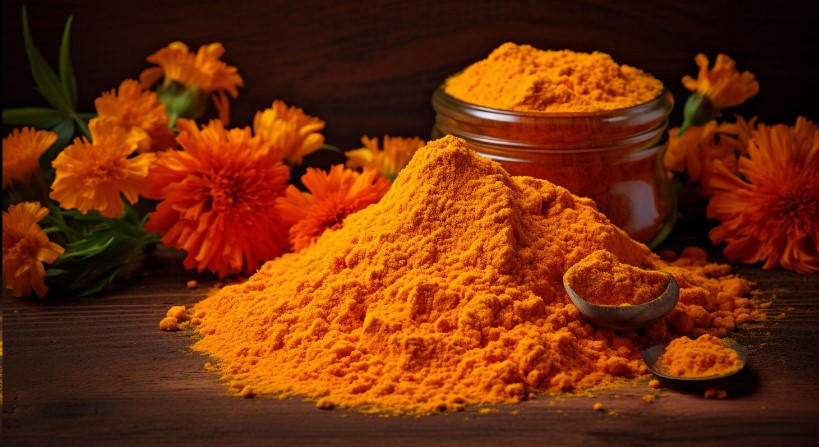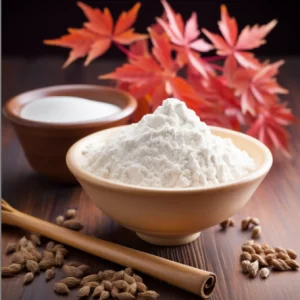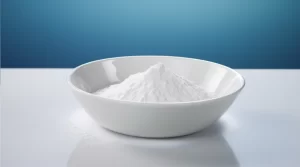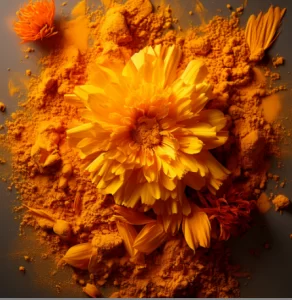What do you know about the function of lutein

Lutein, alias carotenoid, carotenol, phytolutein, lutein, marigold and phytolutein, etc. Lutein co-exists with zeaxanthin in nature and is the main component of plant pigments such as corn, vegetables, fruits and flowers. It is contained in the chloroplasts of leaves and can transfer the absorbed light energy to chlorophyll a, which is speculated to have a protective effect on photooxidation and photodestruction. It is also the main pigment that makes up the macular region of the retina of the human eye.
Lutein is a nutrient that can be absorbed by human daily consumption of fruits and vegetables, but the absorption and utilization rate is generally low. If lutein is deficient, supplements can be taken. If you have a poor digestive system in the elderly, you can use a spray under the tongue to supplement lutein. Lutein was added as a dietary supplement as early as 1996. In addition, excessive absorption of lutein can cause excess burden on the liver, and the recommended dosage is about 12 mg per day.
lutein, a promising substance in the field of botany, is now gaining popularity.
In a recent study published in the International journal Atherosclerosis, researchers from Linkoping University have found that lutein, a nutrient found in brightly colored vegetables and fruits, may help effectively suppress inflammation, The results of relevant studies indicate that lutein itself may have a certain anti-inflammatory effect on the body of patients with coronary artery disease.
The researchers collected blood samples from 193 patients with coronary artery disease and measured levels of six common carotenoids. They also used the inflammatory marker interleukin-6 (IL-6) to measure inflammatory levels in the patients’ blood. Lutein is the only carotenoid associated with IL-6. The lower the IL-6 levels. The researchers found that many of the patients who received the best treatment according to clinical guidelines still had persistent inflammation and relatively low levels of lutein in their bodies.
This forced researchers to investigate whether lutein could affect cells in the blood involved in inflammatory processes,
Lutein and zeaxanthin may reduce the risk of age-related macular degeneration
age-related macular degeneration (AMD) is one of the major blinding eye diseases in the world, and the incidence is increasing. In the September issue of Archives of Ophthalmology, a study showed that people with a higher intake of the yellow plant pigments lutein and zeaxanthin had a lower risk of age-related macular degeneration.
Age-related macular disease (AMD) is caused by the degeneration of the macula over time, which occurs at the back of the retina.
Lutein prevents red blood cell senescence
Japanese scientists have found that lutein can prevent red blood cells from aging
Lutein can improve visual acuity in patients with retinitis pigmentosa
Carotenoids play an important role in photoprotection in all photoautotrophs.
Lutein improves photosynthesis and increases crop yield



